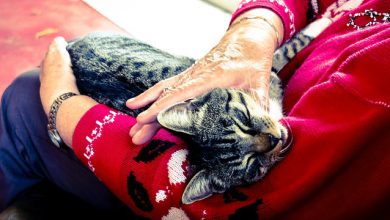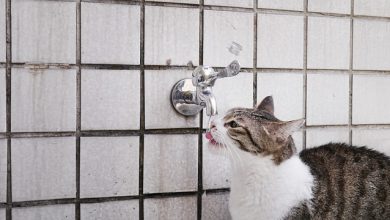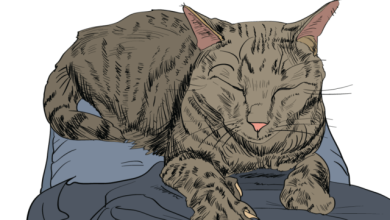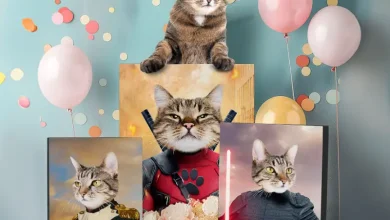
Cats are known for being relatively low-maintenance pets, but that isn’t always the case. They’re often much more affectionate than many people expect them to be, which means they don’t do well when left alone for long periods of time, like one may think. Others are prone to health problems or require extensive grooming. Granted, if you know what to expect when adopting one of these breeds, they make very rewarding companions.
#1 – Norwegian Forest Cat
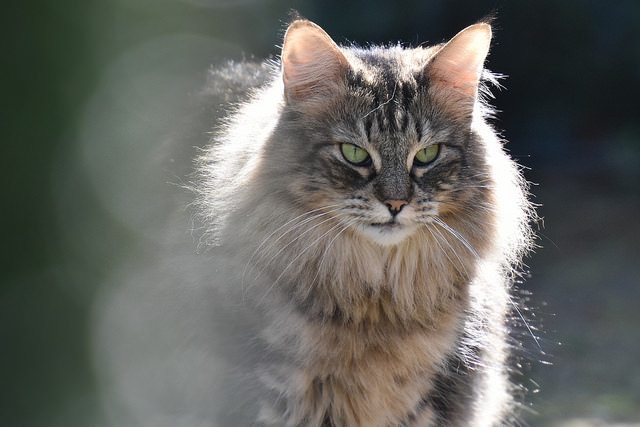
The Norwegian Forest Cat has a long, dense coat to protect itself from the harsh Norwegian winters. The coat has a water-repellant top layer with a thick, woolly undercoat. The breed requires weekly or every-other-day brushing to prevent mats and tangles from forming and causing discomfort and injury. These cats are very social, intelligent, and are known for acting more dog-like than cat-like.
#2 – Persian
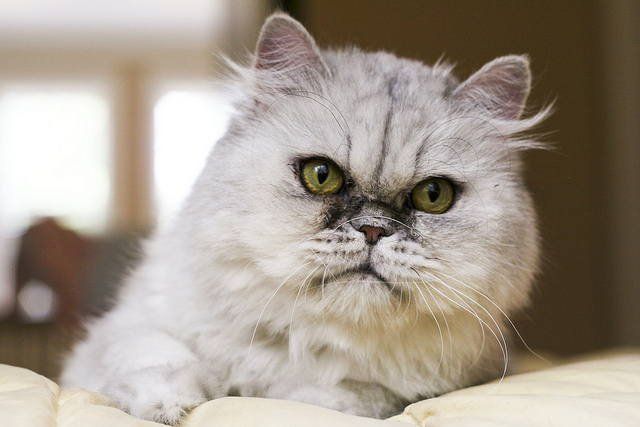
The Persian is another long-coated breed that requires regular grooming. When it comes to the Peke-faced Persians, the cats with flatter faces, there are some health problems associated with the breed. They are prone to eye problems as well as breathing difficulties due to their shortened skulls. These ailments, accompanied by the grooming, can be time-consuming. However, these cats are extremely affectionate towards their owners and make loving companions.
#3 – Sphynx
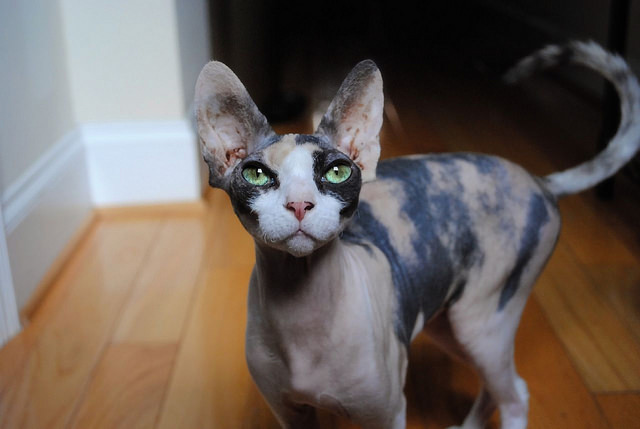
The Sphynx is a hairless breed, but that doesn’t necessarily mean it requires no grooming. In fact, their skin’s natural oils can build up and collect dirt, which means weekly or bi-weekly baths are a must for these kitties. They require sweaters and heaters when the weather is cold and are prone to sunburn if allowed outside. However, the cats are extremely extroverted and love being around people.
#4 – Munchkin
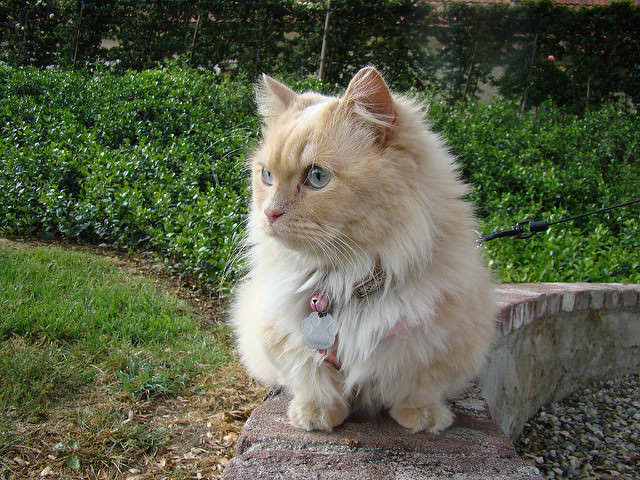
Munchkin cats are adorable and come in a variety of coat lengths. Although the long-coated cats need more brushing than the short-coated ones, they both are prone to certain ailments. The genes that create the short-legged feature of these cats are quite complicated and are sometimes linked to spine and chest problems. However, these little cats are just as playful and friendly as other breeds and do very well in a variety of homes.
#5 – Maine Coon
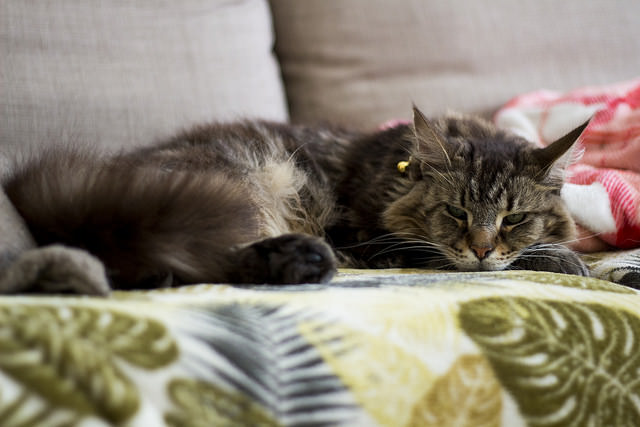
The Maine Coon is one of the largest cat breeds and its coat is just as impressive. Their long, thick coats are a trait from their heritage in Maine, where the breed originated. They require regular brushing to prevent mats and tangles. Maine Coons are a generally healthy breed and are known as gentle giants. They are not typically lap cats but enjoy the company of their owners and do well with other cats and even dogs.
Feature Image: Dick Smit/Flickr
